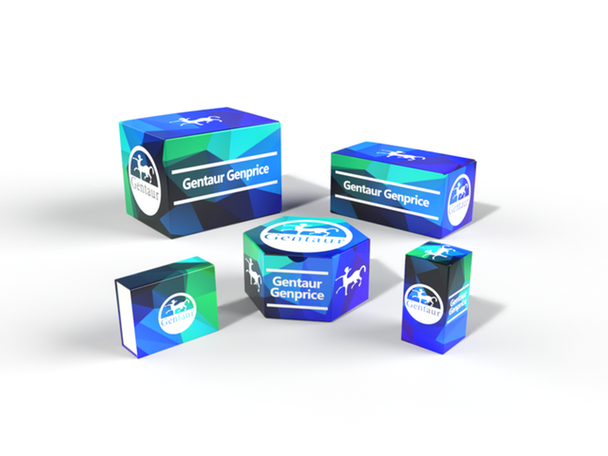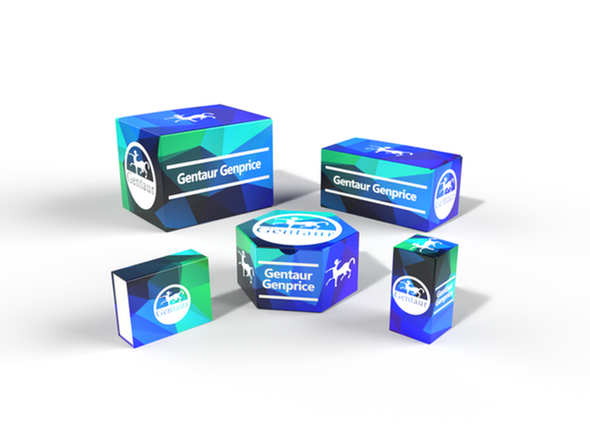Description
CD4 polyclonal Antibody | BS6982 | Gentaur UK, US & Europe Distribution
Host: Rabbit
Reactivity: Human,Mouse,Rat
Application: WB,IF
Application Range: WB 1:500 - 1:2000 IF 1:50 - 1:200
Background: Cluster of Differentiation 4 (CD4) is a glycoprotein composed of an amino-terminal extracellular domain (four domains: D1-D4 with Ig-like structures), a transmembrane part and a short cytoplasmic tail. CD4 is expressed on the surface of T helper cells, regulatory T cells, monocytes, macrophages and dendritic cells, and plays an important role in the development and activation of T cells. On T cells, CD4 is the co-receptor for the T cell receptor (TCR), and these two distinct structures recognize the Antigen–Major Histocompatibility Complex (MHC) . Specifically, the D1 domain of CD4 interacts with the β2-domain of the MHC class II molecule. CD4 ensures specificity of the TCR–antigen interaction, prolongs the contact between the T cell and the antigen presenting cell and recruits the tyrosine kinase Lck, which is essential for T cell activation.
Storage & Stability: Store at 4°C short term. Aliquot and store at -20°C long term. Avoid freeze-thaw cycles.
Specificity: CD4 polyclonal Antibody detects endogenous levels of CD4 protein.
Molecular Weight: ~ 51 kDa
Note: For research use only, not for use in diagnostic procedure.
Alternative Names: T-cell surface glycoprotein CD4; T-cell surface antigen T4/Leu-3
Immunogen: Recombinant fusion protein containing a sequence corresponding to amino acids 26-200 of human CD4 (NP_000607.1) .
Conjugate: Unconjugated
Modification: Unmodification
Purification & Purity: The Antibody was affinity-purified from rabbit antiserum by affinity-chromatography using epitope-specific immunogen and the purity is > 95% (by SDS-PAGE) .
Pathway: NF-kB Signaling,STING Signaling,Inhibition of Apoptosis,






